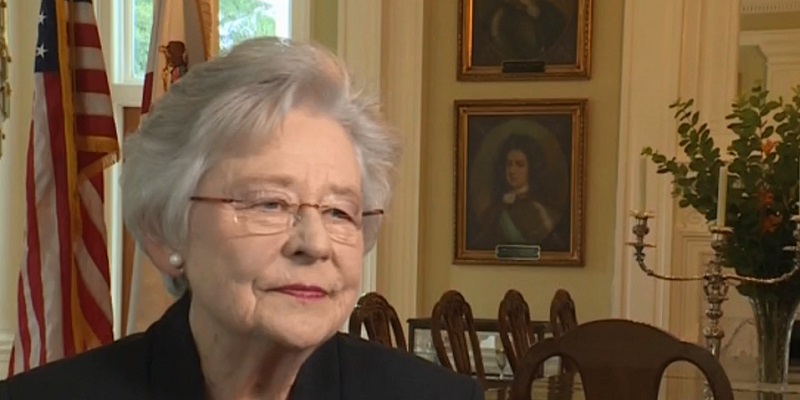With bold vision, keen intellect and a gentle manner, Mike Slive guided the Southeastern Conference to unprecedented success and prosperity in 13 years as commissioner. He pushed for a college football playoff years before others embraced it and was a steadying force during a time of enormous growth and volatility throughout college athletics.
Slive died Wednesday at the age of 77 in Birmingham, Alabama, where he lived with his wife, Liz, three years after retiring to battle prostate cancer. The Southeastern Conference did not provide the cause of death.
“It’s shocking,” SEC Commissioner Greg Sankey, who replaced Slive, told the AP. “So many people cared for Mike, worked with Mike, knew Mike that I think it’s shocking to everyone. And that’s because of the impact he made on individuals and on conferences and on people across this country. He left a legacy certainly in this league of success and stability and growth that will always be remembered.”
Slive replaced Roy Kramer as SEC commissioner in 2002, coming from Conference USA to help clean up an SEC that was beset by NCAA compliance issues. Soon after the SEC became the most powerful conference in college football, winning seven straight national championships and landing television contracts with the ESPN and CBS worth billions.
“Commissioner Slive was truly one of the great leaders college athletics has ever seen and an even better person,” Alabama coach Nick Saban said. “He was a wonderful friend to me and someone who I respected tremendously. Mike changed the landscape of the Southeastern Conference and helped build our league into what you see today.”
The SEC’s success was not limited to football under Slive. Overall, the conference won 81 national championships in 17 sports during his tenure.
“Mike was a giant in our industry and as remarkable as he was professionally, he was an even better person,” ACC Commissioner John Swofford said in a statement.
Big 12 Commissioner Bob Bowlsby called Slive “a true visionary.”
Slive played a pivotal role in the creation of the College Football Playoff. He first formally proposed the idea of a four-team playoff for college football in 2008, but it was shot down by most of the other conference commissioners.
“I think there were many who were not all the way supportive, some wanted larger and some not at all,” Bowlsby told AP. “Mike’s position was known and not everybody agreed with it. But he was statesman.”
Finally, after two SEC teams, LSU and Alabama, played in the BCS national championship game after the 2011 season, the rest of college football’s power brokers came around and constructed the current postseason system.
“He was a very good communicator, built relationships inside his conference and outside his conference,” Big Ten Commissioner Jim Delany told AP. “He was also a friend. We were competitors, too, but we were always able to talk through it. Disagree and come back to the table. I respected his flexibility and human qualities. But he was a force because of how smart he was.”
During tumultuous conference realignment across the nation, the SEC expanded from 12 to 14 schools with the additions of Missouri and Texas A&M in 2012 under Slive. He was the catalyst behind the creation of the SEC Network, which launched in 2014.
Slive also played a major part in ushering in a new governance model for the NCAA in which the SEC and the other four most powerful and wealthy conferences were given autonomy to create and pass legislation.
“Not just an innovator, but a creative person who had the insight to kind of peer around the corner a little bit and know what opportunities might come next,” Sankey said.
Slive was born in Utica, New York, the son of a butcher. He became an attorney and founded a law firm that assisted schools with NCAA issues for before starting a long career in college sports. He was the founding commissioner of both the Great Midwest Conference and C-USA.
“Mike Slive is one of the best people I have ever met,” said Charles Bloom, a former associate commissioner at the SEC who is now an administrator at South Carolina. “His impact on me was tremendous. He was a father-type figure, someone I could talk to about life issues and then we would work together on SEC office matters. He was a great leader, mentor and friend.”
After surviving cancer, Slive founded the Mike Slive Foundation for Prostate Cancer Research.
Slive is survived by Liz, his wife of 49 years; daughter Anna; son-in-law Judd Harwood; and granddaughter Abigail.
(Associated Press, copyright 2018)
Sign-up now for our daily newsletter and never miss another article from Yellowhammer News.













